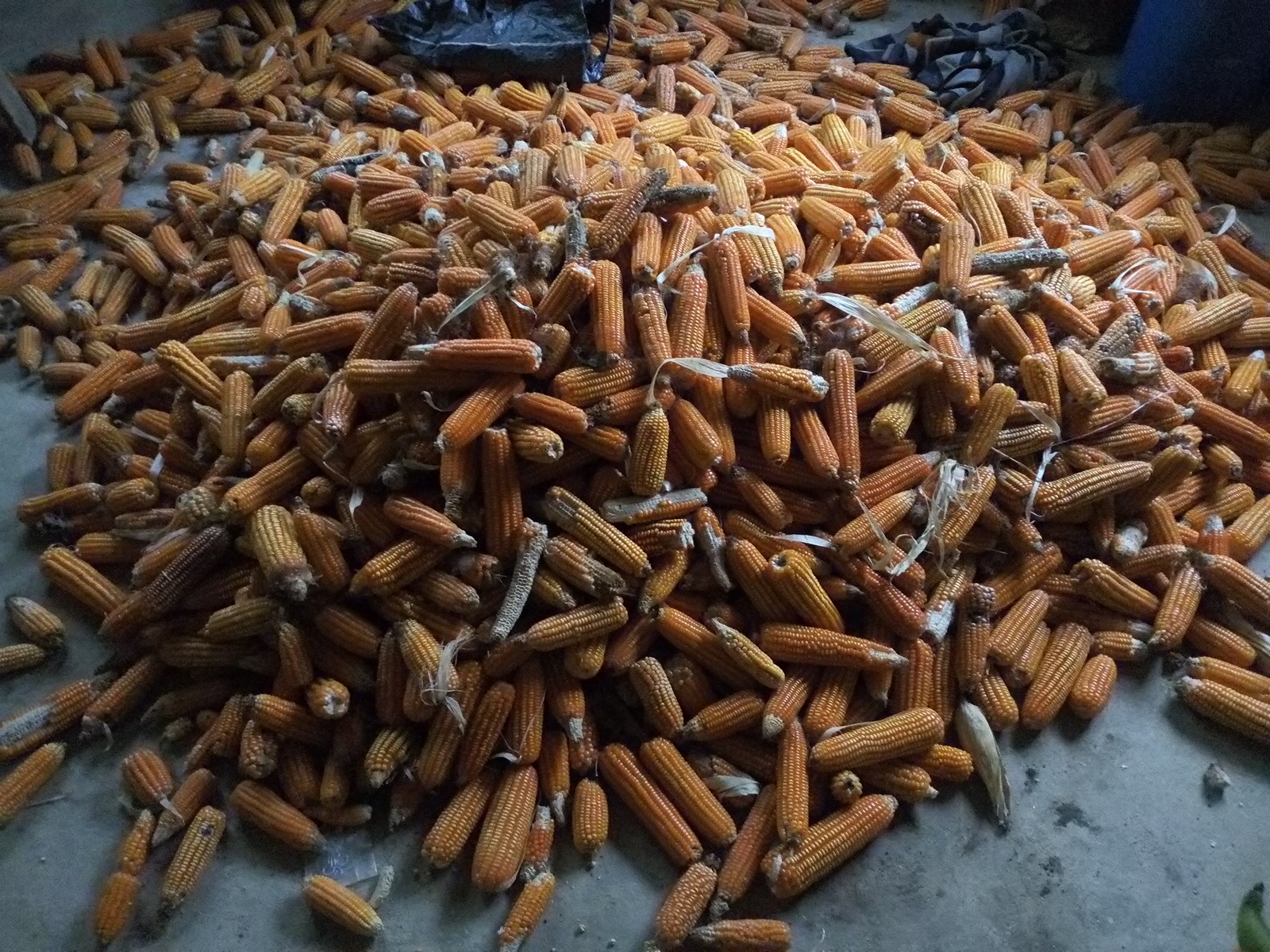Farming remains a vital part of Nigeria’s economy and livelihood. Yet, many farmers, especially smallholders, find it difficult to make consistent profits. While Nigeria is blessed with fertile land and a large population that creates demand for food, the farming system is full of bottlenecks. This article explores the real reasons Nigerian farmers struggle to earn a good income, and most importantly, what can be done to fix it.
1. High Cost of Farm Inputs
One of the biggest reasons farmers can’t break even is the rising cost of inputs. Seeds, fertilizers, herbicides, and pesticides are more expensive than ever. For example, the price of a 50kg bag of NPK fertilizer, which used to cost around ₦6,000 in 2019, now sells for ₦25,000 in places like Abuja, and up to ₦65,000 with some vendors in Lagos, depending on location and vendor.
Many farmers can’t afford improved seeds or fertilizers, so they either buy poor-quality inputs or reduce their application, leading to lower yields. Worse, there’s no reliable subsidy system in place. Government input support programs are often politicized or hijacked by middlemen.
What can be done:
- Government and private actors should support input financing and direct-to-farmer voucher systems.
- Extension services should educate farmers on organic alternatives like composting where chemical fertilizers are unaffordable.
2. Poor Access to Reliable Markets
It’s not enough to grow food, farmers need to sell it at a good price. But many Nigerian farmers are at the mercy of middlemen who buy their produce at cheap prices, sometimes even before harvest. In remote villages, farmers can’t afford to transport their goods to major markets like Mile 12 in Lagos or Bodija in Ibadan. For instance, a tomato farmer in Katsina might sell a basket for ₦800, while the same basket is sold in Lagos for over ₦5,000. The profit goes to the traders, not the farmer.
What can be done:
- Encourage aggregation centers and farmer cooperatives that can negotiate better prices.
- Invest in rural transport infrastructure and mobile platforms that connect farmers directly to urban buyers.
3. Post-Harvest Losses
Post-harvest losses in Nigeria are alarmingly high. According to the FAO, farmers lose up to 40% of perishable produce like tomatoes, vegetables, and fruits due to lack of storage, processing, and packaging facilities. Imagine harvesting 10 bags of okra and being able to sell only 6 due to spoilage.
This reduces profits and discourages investment in farming.
What can be done:
- Promote low-cost cold storage solutions, especially solar-powered ones for off-grid areas.
- Train farmers and youth on value addition (e.g., tomato paste, dried vegetables, fruit juices) to preserve surplus produce.
4. Insecurity and Land Access Issues
Farming has become risky in many parts of Nigeria due to banditry, herder–farmer conflicts, and kidnappings. In states like Benue, Kaduna, and Zamfara, many farmers now abandon their land during the rainy season out of fear. Insecurity means fewer people go to farm, and those who do invest less. Also, land ownership is complex, especially for women and youth. Many people farm on rented or borrowed land without long-term security, discouraging investments like irrigation or tree planting.
What can be done:
- Strengthen local security arrangements and provide community policing support in farming areas.
- Reform land policies to ensure farmers can secure long-term access to land with legal backing.
5. Limited Knowledge and Technical Support
Many smallholder farmers rely on traditional methods and don’t have access to modern agricultural knowledge. Extension agents are too few, often one agent serves several thousand farmers. As a result, most farmers don’t know the best planting techniques, soil health practices, or climate-smart strategies.
What can be done:
- Train community-based extension agents who live within farming villages.
- Use radio, WhatsApp, and short videos to share practical farming tips in local languages.
6. Climate Change Impacts
Changing rainfall patterns and increasing temperatures are affecting farming seasons. In places like Sokoto and Yobe, rainfall now starts later or ends earlier, reducing the growing period. Droughts, flooding, and pest outbreaks are becoming more frequent, wiping out entire harvests.
What can be done:
- Promote climate-resilient crops (e.g., drought-tolerant maize, cowpea).
- Encourage rainwater harvesting, mulching, and cover cropping to conserve soil moisture.
Final Thoughts
Nigerian farmers are not lazy. They are hardworking and resilient, but the system is failing them. Making agriculture profitable in Nigeria will require a mix of policy reforms, grassroots innovations, and support from both public and private sectors. If Nigeria must achieve food security and reduce rural poverty, we must fix the economics of farming. That starts by listening to farmers, removing the barriers in their path, and creating systems that reward their efforts.



